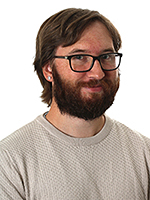Anne Danielsen
Project leader, University of Oslo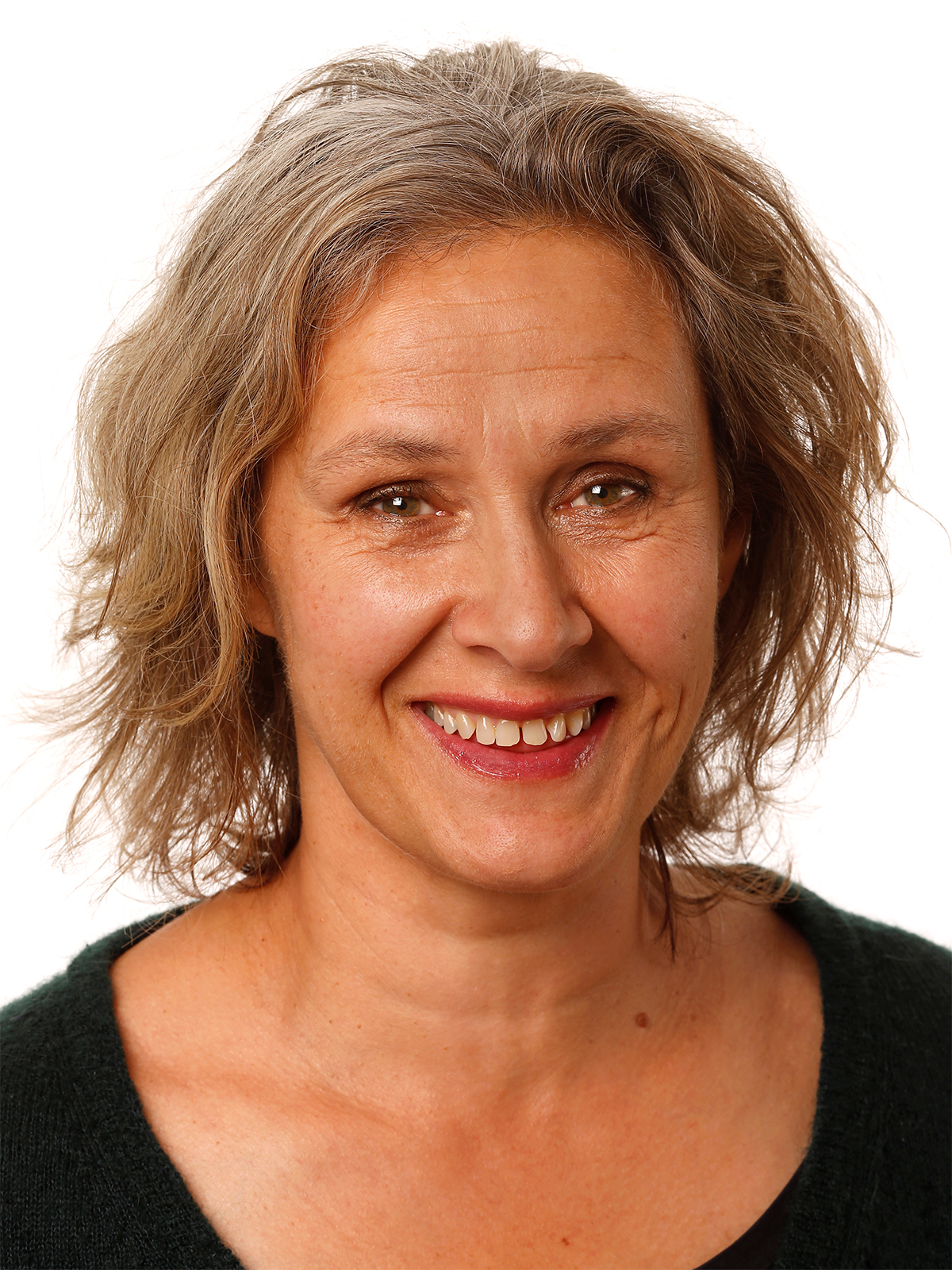
Anne Danielsen is Professor in Popular Music Studies in the Department of Musicology, University of Oslo, and will be leading the TIME project. She has extensive experience with the analysis of rhythm in played and computer-based music, as well as with interpreting and theorizing cultural and aesthetic aspects of rhythm in music. Danielsen has published widely on groove and music production and is the author of Presence and Pleasure: The Funk Grooves of James Brown and Parliament and editor of Musical Rhythm in the Age of Digital Reproduction.
Ragnhild Brøvig-Hanssen
 Associate professor, University of Oslo
Associate professor, University of Oslo
Ragnhild Brøvig-Hanssen is Associate Professor in Popular Music Studies in the Department of Musicology, University of Oslo. She has a very strong track record for a researcher at her career stage. Her published works cover aesthetic, cultural, musical, and technological aspects of the impact of digital technology on rhythm and sound in contemporary technology-driven popular music genres. She has served on the editorial board of Music Theory Online, as a reviewer for several publications, and as project coordinator and track chair for the 9th Art of Record Production Conference. Brøvig-Hanssen will be involved in interviews, analysis, and interpretation relating to the computer-based music genres.
Mats Johansson
Professor, University College of Southeast Norway
Mats Johansson is Professor and leader of the research group Practice, Tradition and Technology at the University College of Southeast Norway. He has published widely on the organization of time and playing style in Scandinavian traditional music, as well as on current questions of ownership and reproduction of this tradition in a transcultural context. His PhD thesis is an outstanding and highly innovative research-based contribution to the theory of musical rhythm, with its starting point as the typically non-isochronous (uneven) beat structure of Scandinavian folk music. Johansson is trained as an ethnomusicologist and will be involved in the interviews, analysis, and interpretation of Scandinavian traditional fiddle music.
Kristian Nymoen
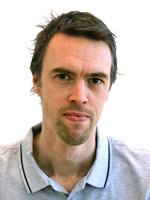 Associate professor, University of Oslo
Associate professor, University of Oslo
Kristian Nymoen is Associate Professor of Music Technology in the Department of Musicology and the Department of Informatics, University of Oslo. He utilises his multidisciplinary background in his research on learning algorithms for different types of music related motion. Nymoen has published widely on subjects such as instrument design, motion-capture methodology and music information retrieval.
Georgios Sioros
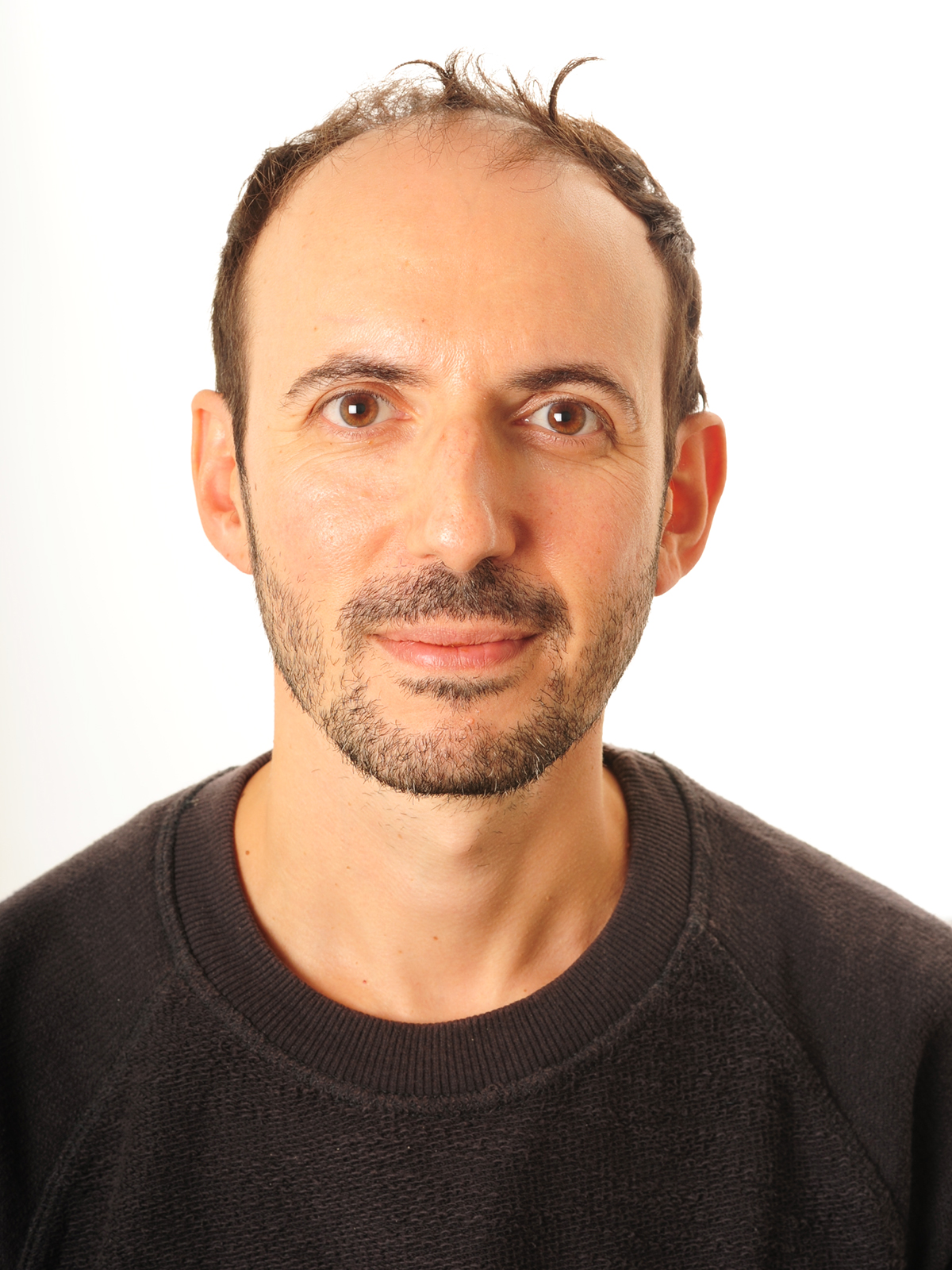 Postdoc, University of Oslo
Postdoc, University of Oslo
Georgios Sioros has published 20 articles in peer reviewed journals and international conferences. From 2010 until 2017, he was a member of the Sound and Music Computing Group of INESC-TEC in Porto. In 2016, he obtained a PhD from the University of Porto in Digital Media. His postdoc project investigates how musical rhythms often induce a pleasant desire to move or dance, and how a natural sway of our body and tap of our foot to the music reflects and shape the way we listen to rhythms. Georgios is using the (spontaneous) body movement to probe the interaction between sound features at the micro level, such as temporal shape and timbre, and the perception of rhythm.
Mari Romarheim Haugen
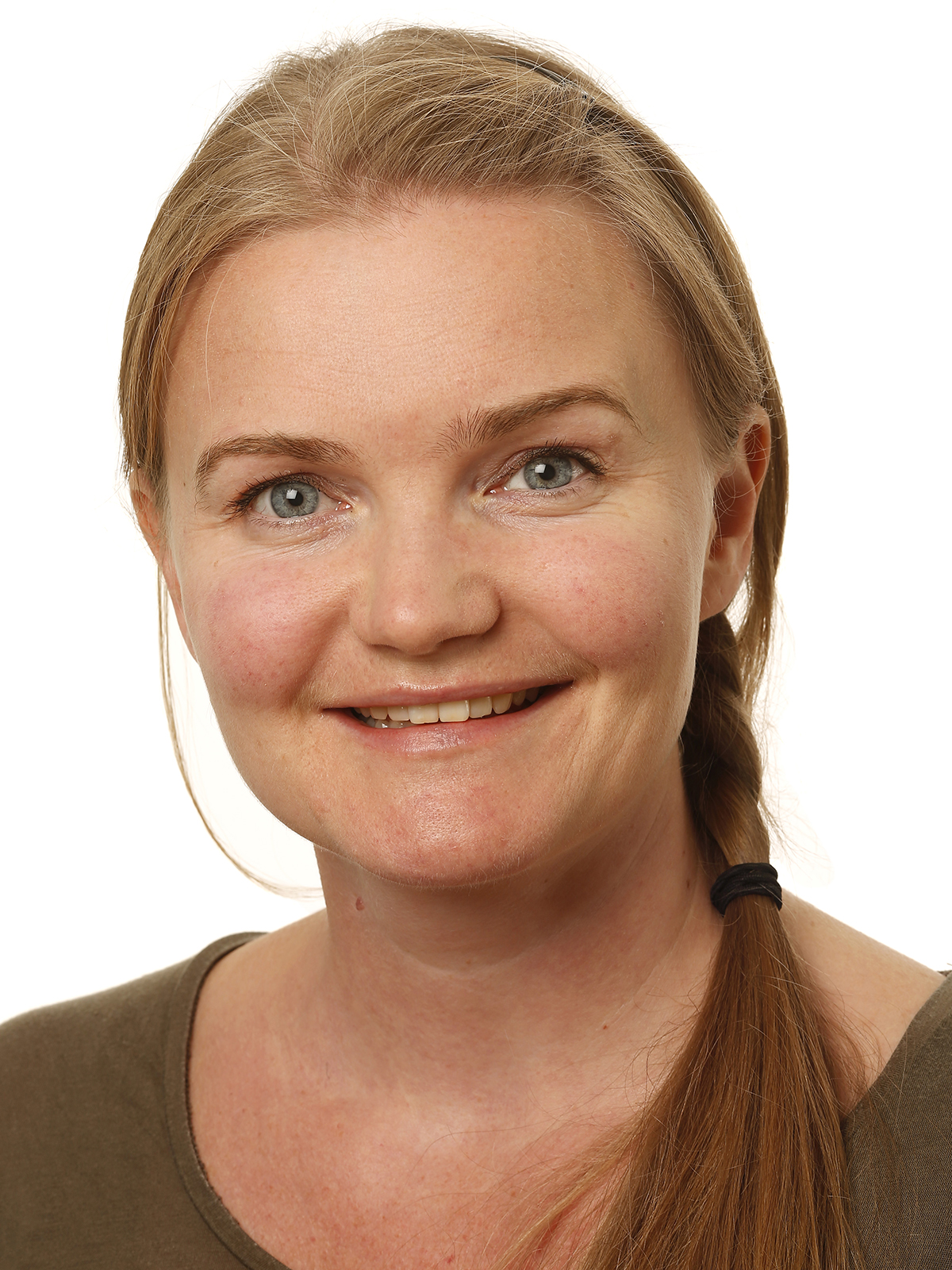 Postdoc, University of Oslo
Postdoc, University of Oslo
Mari Romarheim Haugen holds a PhD in Musicology from the Department of Musicology, University of Oslo, with the thesis Music–Dance: Investigating Rhythm Structures in Brazilian Samba and Norwegian Telespringar Performance (2016). Her postdoc project investigates rhythm in Scandinavian folk music, with a special focus on music styles with an intimate relationship with dance and that are in non-isochronous meter–that is, the intervals between beats in the measure are of uneven duration. The project’s theoretical point of departure is that the experience of musical rhythm includes the interaction between perceived sonic rhythms and underlying reference structures, such as meter. The project further investigates whether musical meter may not only include points in time, or the duration between points, but also trajectories between the points–that is, metrical shape, and that this metrical shape might correspond to dancers’ periodic body motion. The project also seeks a better understanding of the role of performers’ and perceivers’ music-cultural background in production and perception of rhythm in these music styles.
Kjetil Klette Bøhler
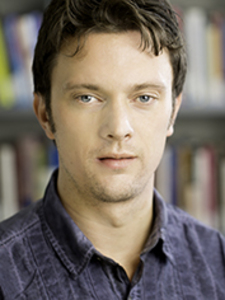 Postdoc, Oslo Metropolitan University
Postdoc, Oslo Metropolitan University
Kjetil Klette Bøhler has an MA (2008) and PhD (2013) in interdisciplinary musicology from the University of Oslo. He is a musicologist with additional expertise in the social sciences. His main area of research is the intersection between aesthetics and politics, and the relationship between music and politics. Boehler has done research on this issue in Norway and in Latin America, with a focus on Cuba, Brazil and Haiti. Klette Bøhler will be involved in interviews, analysis, and interpretation relating to the samba music from Brazil.
Guilherme Schmidt Câmara
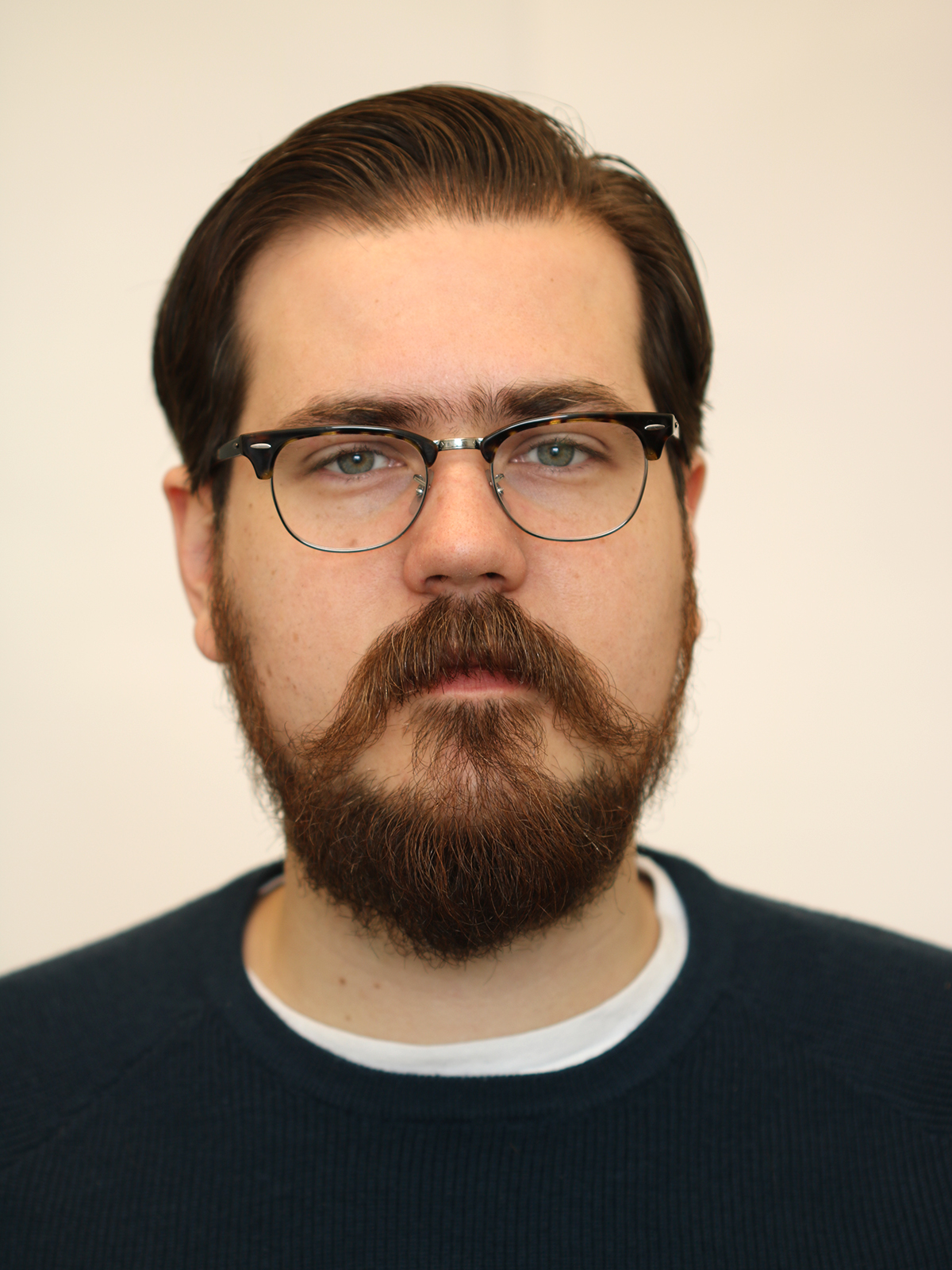 PhD candidate, University of Oslo
PhD candidate, University of Oslo
Guilherme Schmidt Câmara holds a master’s degree in Musicology from the Department of Musicology, University of Oslo, with a thesis on swing in early funk and jazz-funk. His PhD project, “Empirical Investigations of Timing/Sound Interactions in the Production and Perception of Groove-based Microrhythm”, will investigate the interaction between timing and sound in live-performance groove contexts. A series of performance experiments will explore to what extent instrumentalists might systematically manipulate ‘sound’ parameters (intensity, acoustic envelope, timbre) when playing under various instructed timing conditions (‘laid-back’, ‘pushed’, or ‘on-the-beat’). Additionally, a series of listening experiments will seek to discern whether the P-centre (perceptual 'moment of occurrence') of a compound musical sound shifts in time depending on the degree of asynchrony present between its constituent events.
Sofia Dahl
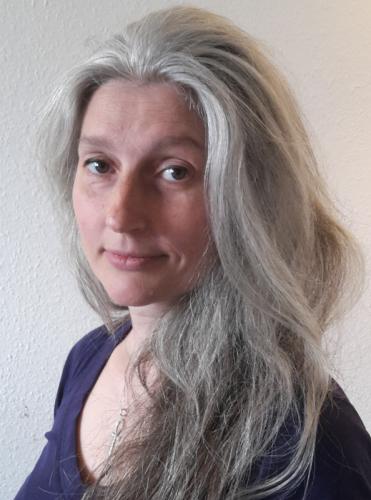 Associate professor, University of Aalborg
Associate professor, University of Aalborg
Sofia Dahl is Associate Professor of Music Cognition in the Department of Architecture, Design and Media Technology, University of Aalborg, as well as adjunct professor in music cognition at the host institution. Dahl is highly experienced in experimental research and has published widely on drumming, rhythm, and motion. Dahl will assist with the performance experiment.
Alexander Refsum Jensenius
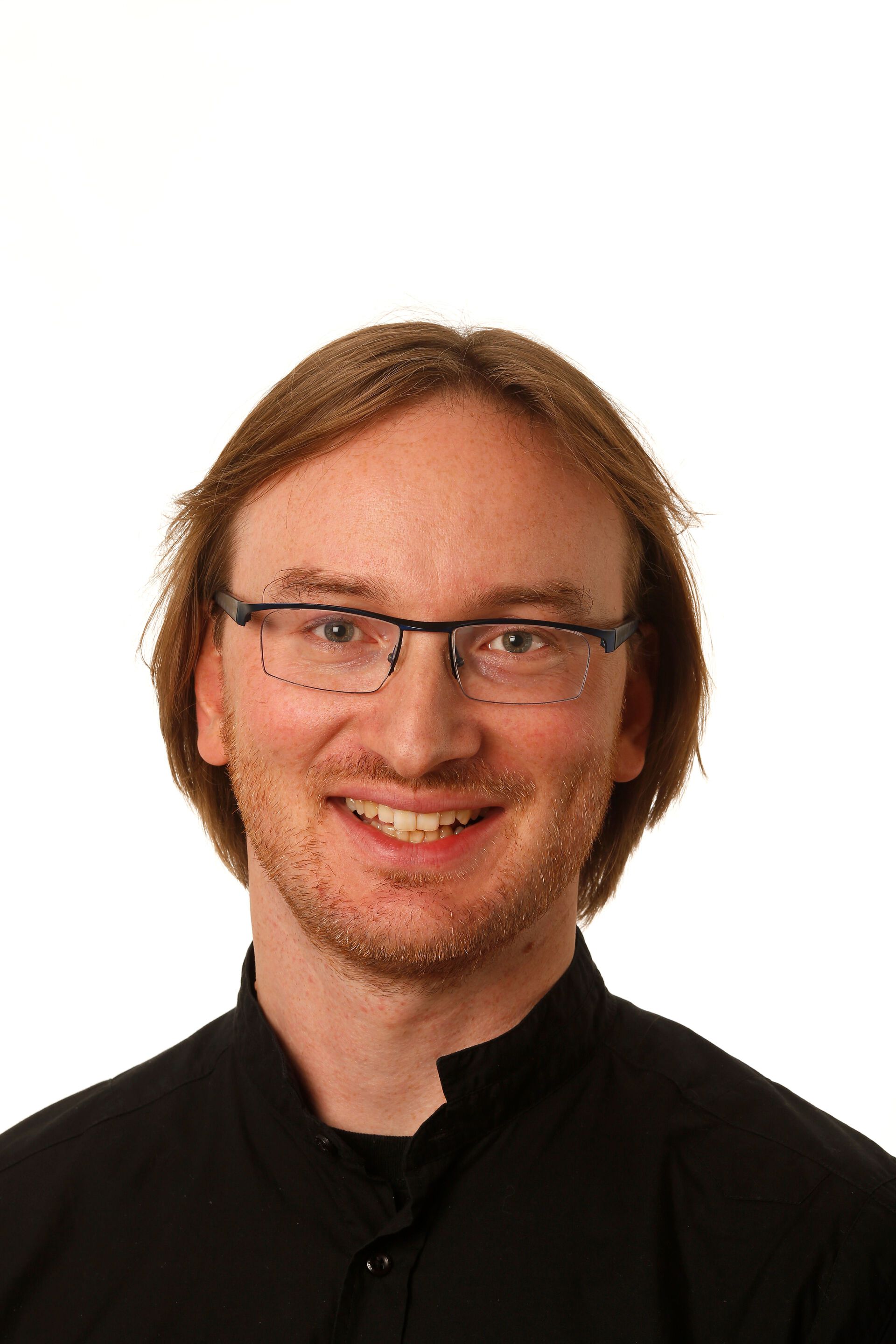 Associate professor, University of Oslo
Associate professor, University of Oslo
Alexander Refsum Jensenius is Associate Professor of Music Technology in the Department of Musicology, University of Oslo. He specializes in research into music and motion in general, and motion-capture methodology in particular. He has published extensively on these topics and has an impressive track record for a researcher at his career stage. Jensenius played a founding role in building up the fourMs motion capture lab at the host institution. He will take part in the perception- and performance experiments.
Georgina Born
 Professor, University of Oxford
Professor, University of Oxford
Georgina Born is Professor of Music and Anthropology in the Faculty of Music, University of Oxford, as well as adjunct professor at the host institution. She is a world leader in research into music cultures from a comparative perspective. Born will be part of the research group for four years of the project and serve as a mentor for its cross-cultural dimensions. Her expertise will be seminal to the cultural comparison part of the project, and she will assist with preparing qualitative interviews. She will also provide critical feedback on the entire project.
Justin London
Professor, Carleton College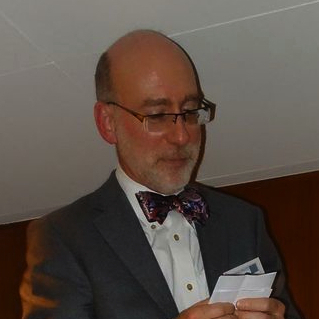
Justin London is Professor of Music, Cognitive Science and the Humanities at Carleton College. He is a leading international scholar within music theory and music perception and cognition, and a specialist in research into meter and rhythm in music. He is former president of the Society for Music Theory and received international acclaim for his important book Hearing in Time (Oxford 2004, 2nd ed. 2012). He has extensive experience with experimental research into rhythm and meter, as well as sensorimotor synchronization to music. London will serve as a mentor for all of the experimental work and will visit for two three-month periods.
Bjørnar Sandvik
PhD Candidate, University of Oslo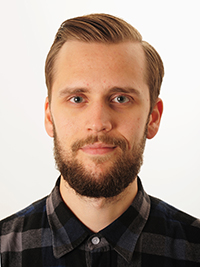
Bjørnar Sandvik holds a master’s degree in Musicology from the Department of Musicology, University of Oslo, with a thesis on the significance of interface design when researching sampling technology.
Martin Torvik Langerød
Research and technical assistant
Martin Torvik Langerød holds a bachelor’s degree in Musicology from the Department of Musicology, University of Oslo, and started a bachelor’s in Music in Composition at the Norwegian Academy of Music in the fall of 2017. Martin will assist with audio and video recordings, as well as production and processing of sound stimuli for various experiments in the project.
Kjell Andreas Oddekalv
Doctoral Research Fellow, University of Oslo
Kjell Andreas Oddekalv holds a master’s degree in musicology from the Department of Musicology, University of Oslo. His work revolves around the analysis of rap flows (the rhythms and rhymes of the vocals in rap music), and he is an active recording musician in the rap group “Sinsenfist”. Oddekalv will perform interviews with hip hop-producers and rappers, and aid in the collection and analysis of multitracks in the hip hop genre.
Eirik Jacobsen
Research Assistant
Eirik Jacobsen holds a master´s degree in Musicology from the Department of Musicology, University of Oslo. He is experienced within the field of Popular Music Studies and will be involved in interviews and interpretation of interview material, primarily related to the jazz genre. Eirik completed his MA thesis in 2017 and has since worked as a musician, music teacher and research assistant in another RITMO-project.
Elise Måsvær
Research Assistant and Project Coordinator
Elise has the role of administrative coordinator on the TIME project, and has a background in rhythm and groove theory from the Institute of Musicology at UiO. She is involved in the project's qualitative research, especially in the Samba genre.
Affiliated Researchers
Carl Haakon Waadeland
Professor, Norwegian University of Science and Technology
Carl Haakon Waadeland is Professor of Music Performance in the Department of Music, Norwegian University of Science and Technology (NTNU). He is experienced in performance research and has done extensive experimental research into rhythm in jazz and related genres. He is also a renowned jazz drummer and teacher at the highly successful jazz conservatory at NTNU in Trondheim, Norway, and he has cultivated a large network of jazz musicians (and particularly drummers). Waadeland will be involved in the motion capture experiment in Oslo and Trondheim.
